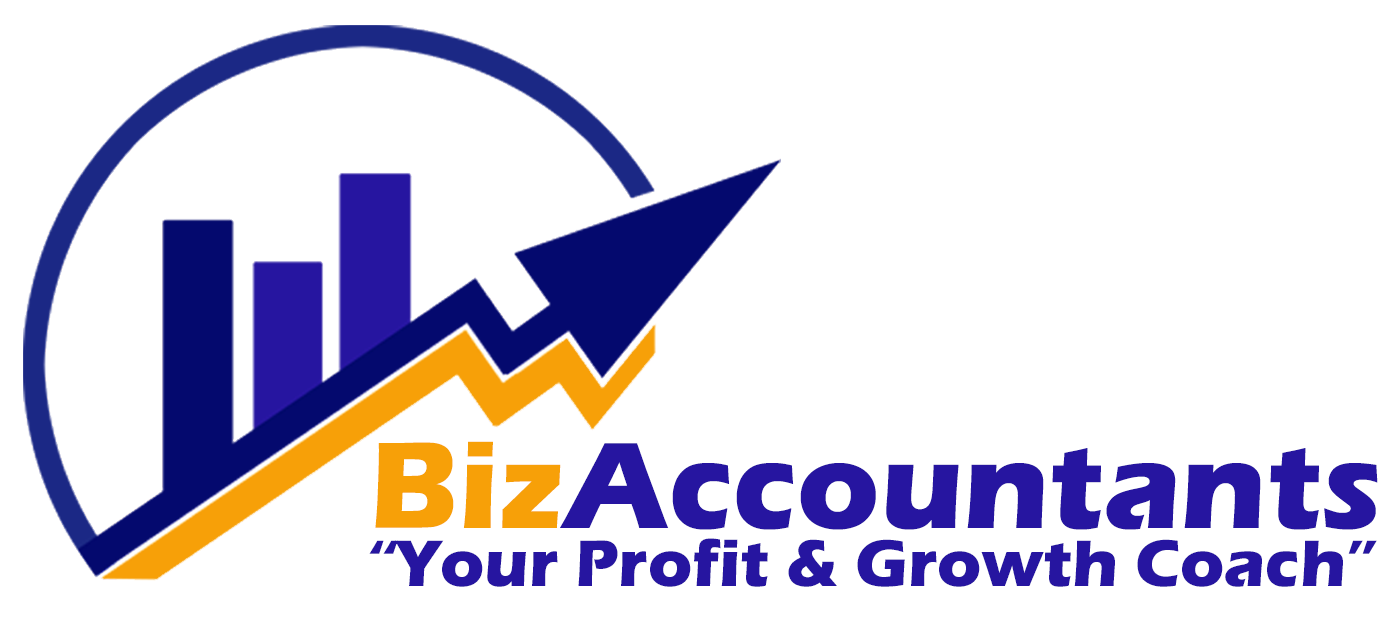In today’s economic climate, inflation is a reality that all businesses must confront, but it’s small businesses that often feel the most significant impact. Rising prices can affect various aspects of your business operations, from procurement and production to pricing strategies and profit margins. This blog explores how inflation affects small businesses and outlines effective strategies to mitigate these challenges.
1. Increased Costs of Goods and Services
Inflation leads to higher costs for the goods and services small businesses need to operate. Whether it’s raw materials, rent, utilities, or salaries, as these costs increase, it can squeeze your profit margins.
2. Pricing Challenges
With the cost of inputs rising, small businesses face the delicate balance of adjusting their prices to reflect increased costs without alienating customers. This requires a nuanced approach to ensure you remain competitive while still covering increased expenses.
3. Cash Flow Constraints
Inflation can lead to tighter cash flow for small businesses. As expenses rise, unless revenue increases at a similar or faster rate, there can be significant pressure on the cash resources of a business.
4. Borrowing Becomes Costlier
Inflation often leads to higher interest rates, which means higher costs for financing. For small businesses relying on loans for capital improvements or operations, this can mean higher expenses and tougher repayment terms.
Strategies for Adaptation:
1. Cost Management
Review and tighten your cost management strategies. Look for ways to reduce unnecessary expenses and negotiate better terms with suppliers. Consider buying in bulk or entering into long-term contracts to lock in prices.
2. Flexible Pricing Strategy
Implement a flexible pricing strategy that allows you to adjust prices as your costs fluctuate. Transparency with customers about why prices are changing can help manage their expectations and maintain loyalty.
3. Focus on Cash Flow Management
Improve your cash flow management by closely monitoring your cash flow statements and forecasting future cash flows under various scenarios. This will help you anticipate cash shortfalls and address them proactively.
4. Diversify Supplier Base
To mitigate the risk of relying on a single supplier, diversify your supplier base. This can protect your business against price spikes and supply chain disruptions.
5. Leverage Technology
Invest in technology that improves efficiency and productivity. Automation can reduce labor costs and streamline operations, offsetting some of the financial pressures caused by inflation.
While inflation poses significant challenges for small businesses, with strategic planning and proactive management, you can navigate these turbulent times. Implementing these strategies can help safeguard your business’s profitability and ensure long-term sustainability.
At BizAccountants, we’re committed to helping small businesses thrive even in challenging economic times. For personalized advice tailored to your unique business needs, don’t hesitate to contact us.
- bizadminhttps://bizaccountants.com/author/bizadmin/
- bizadminhttps://bizaccountants.com/author/bizadmin/
- bizadminhttps://bizaccountants.com/author/bizadmin/
- bizadminhttps://bizaccountants.com/author/bizadmin/




